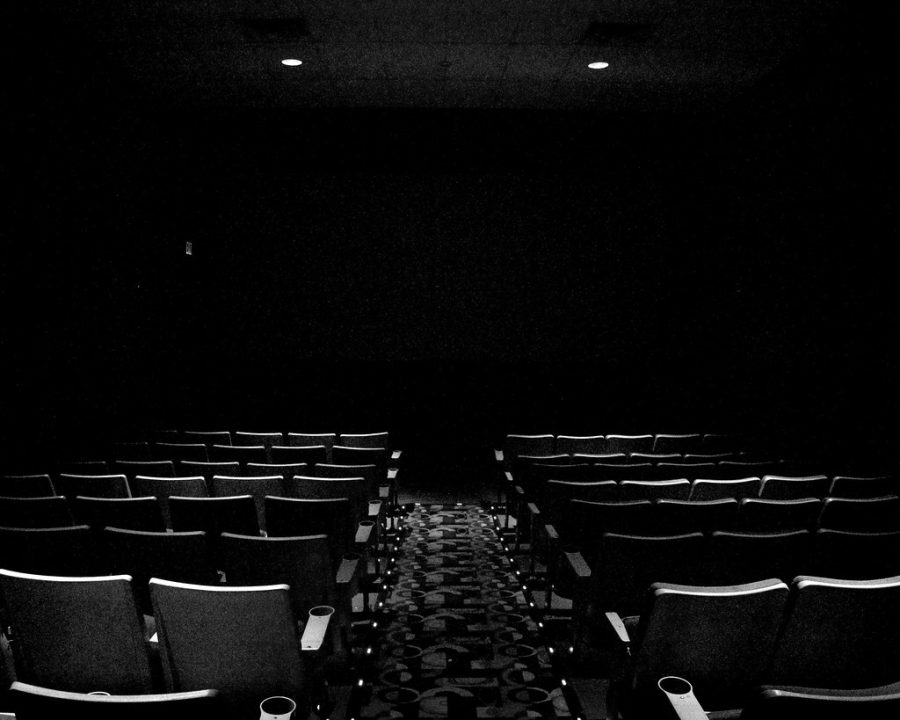Hollywood continues its reign of remakes
December 31, 2021
We live in a world of remakes — from new renditions of classic animated Disney films such as “Cinderella” or “Beauty and the Beast” to new versions of other time-honored favorites like “Little Women” and “A Star Is Born,” the supply of revamped films is endless. The almost guaranteed financial success of remakes blinds film studios from the true desires of critics and moviegoers.
A list of showings at any given movie theatre will often be filled with remakes such as the most recent film of Marvel’s iteration of the Spiderman movies, “Spiderman: No Way Home,” and the December 2021 version of the 1961 film “West Side Story.” The Rotten Tomatoes audience scores of 98% for “Spiderman: No Way Home” and 94% for “West Side Story” make it seem like audiences are head over heels in love with movie remakes.
However, this sentiment does not apply to everyone. Just like product reviews don’t always reflect the true quality of an item, websites don’t always reflect the opinion of an entire audience, but primarily audience members who hold strong opinions on films. In this way, students who spoke with The News actually believe that original films are better than remakes.
“[Original films] offer something completely new and unexpected, especially since sometimes in a remake [audiences] already know the plot,” said first-year media and screen studies major Indigo Cabrol.
In a study entitled “Remake My Day,” conducted by an online betting website called Casumo, researchers “analysed the Metacritic score, audience score (based on the IMDb rating) and profitability of movie remakes compared to the original films.” The study found that original films are generally preferred to their remakes, with 87% of critics and 91% of audiences voicing support for original films.
Critics and audience reviews reflect these findings. On Metacritic, another film rating site, Disney’s original “Cinderella” received a score of 85 out of 100 and was deemed a “Metacritic Must-See.” Its 2015 live-action counterpart did not fare as well with a score of only 67. Metacritic reports far starker differences. The original “Sleeping Beauty,” for instance, received a score of 85 while its 2017 adaptation, “Maleficent,” received a mere 56.
For these childhood favorite films, nostalgia may play a major role in the poor ratings from the audience because the new versions do not live up to the expectations set by the originals. On the other hand, nostalgia can also be the reason someone does enjoy a movie remake.
“Those are the ones that I also end up liking the most,” said Cabrol. “I already have a basis to love this movie. I’ve grown and the movie has grown.”
Capitalizing upon the nostalgia of an audience can motivate film studios to produce remakes or continuations of a beloved past series.
“Sometimes I think filmmakers might have a desire [to create] an homage to things that inspired them,” says Nathan Blake, a media and screen studies professor at Northeastern.
When a nostalgic remake is done correctly, it has the potential to win audiences over right from the outset. On Dec. 17, Marvel released “Spiderman: No Way Home,” the newest installment of their Spiderman trilogy starring Tom Holland. Marvel’s trilogy is the third iteration of the Spiderman story in the last twenty years, with a trilogy featuring Tobey Maguire in the 2000s and another series starring Andrew Garfield in the early 2010s. Students who spoke with The News expressed their preference for the most recent rendition of Spiderman.
“As compared to the old ones with Maguire and Garfield, I really like the fresh take with Holland for a younger, more modern generation,” said Chloe Berger, a fourth-year media and screen studies major.
“Spiderman: No Way Home” is currently receiving rave reviews from film critics around the globe. For example, Nicholas Barber from BBC called the film “one of the most amazing Spider-Mans of all.”
However, extensive amounts of remakes can create boundaries for film studios and filmmakers if they decide to produce an original film.
“
,” Blake said.Despite its restricting nature, there are still other motivations for film studios to churn out more remakes: monetary profit and reliability.
Take the release of Disney’s original May 2015 film, “Tomorrowland.” The film made approximately $209 million at the box office. However, the original budget was $190 million, meaning Disney only made $19 million profit from the film.
The film’s financial loss was offset by the release of the 2015 “Cinderella” remake two months earlier, which made $542 million at the box office with an original budget of $95 million. This $442 million profit was likely enough to put the minds of Disney executives at ease after the flopping release of “Tomorrowland.”
“[Film studios] are very conservative in terms of wanting a reliable return on an investment,” said Blake. “There’s a big studio market and a priority of reliable profit.”
The inevitable success of remakes allows film studios to take risks when producing original films. If an original film like “Tomorrowland” does poorly in the box office, the studio does not have to worry about financial loss as long as the profit their other films earn counteracts an original film’s failure.
“Companies view [remakes] as something that’s safe,” Berger said. “Especially nowadays with COVID and getting people to come to theaters […] they want to make the safest bet possible.”
The reign of remakes is far from over. Regardless of how highly acclaimed an original film may be from viewers and critics alike, they lack the quality that keeps remakes in business: guaranteed profit. What is more valuable to a film studio: hundreds of millions of dollars, or the opinion of an average moviegoer? It is a reminder that Hollywood is an industry, and like all industries, it runs on profit. But one day, the reign of remakes might come to an end.
“It’s something that can’t go on forever,” Berger said. “Because we’re getting to the point where everything is a remake.”







